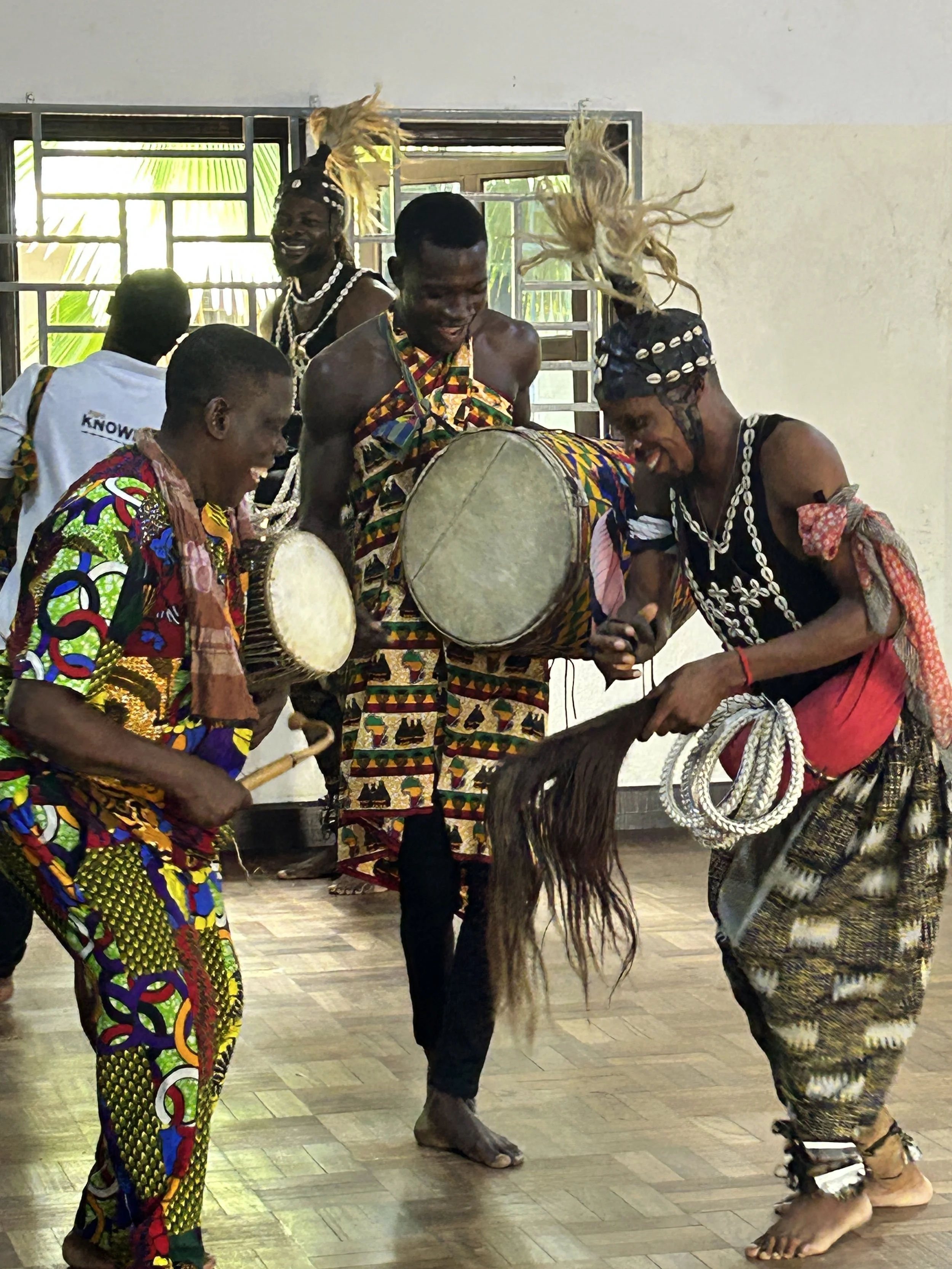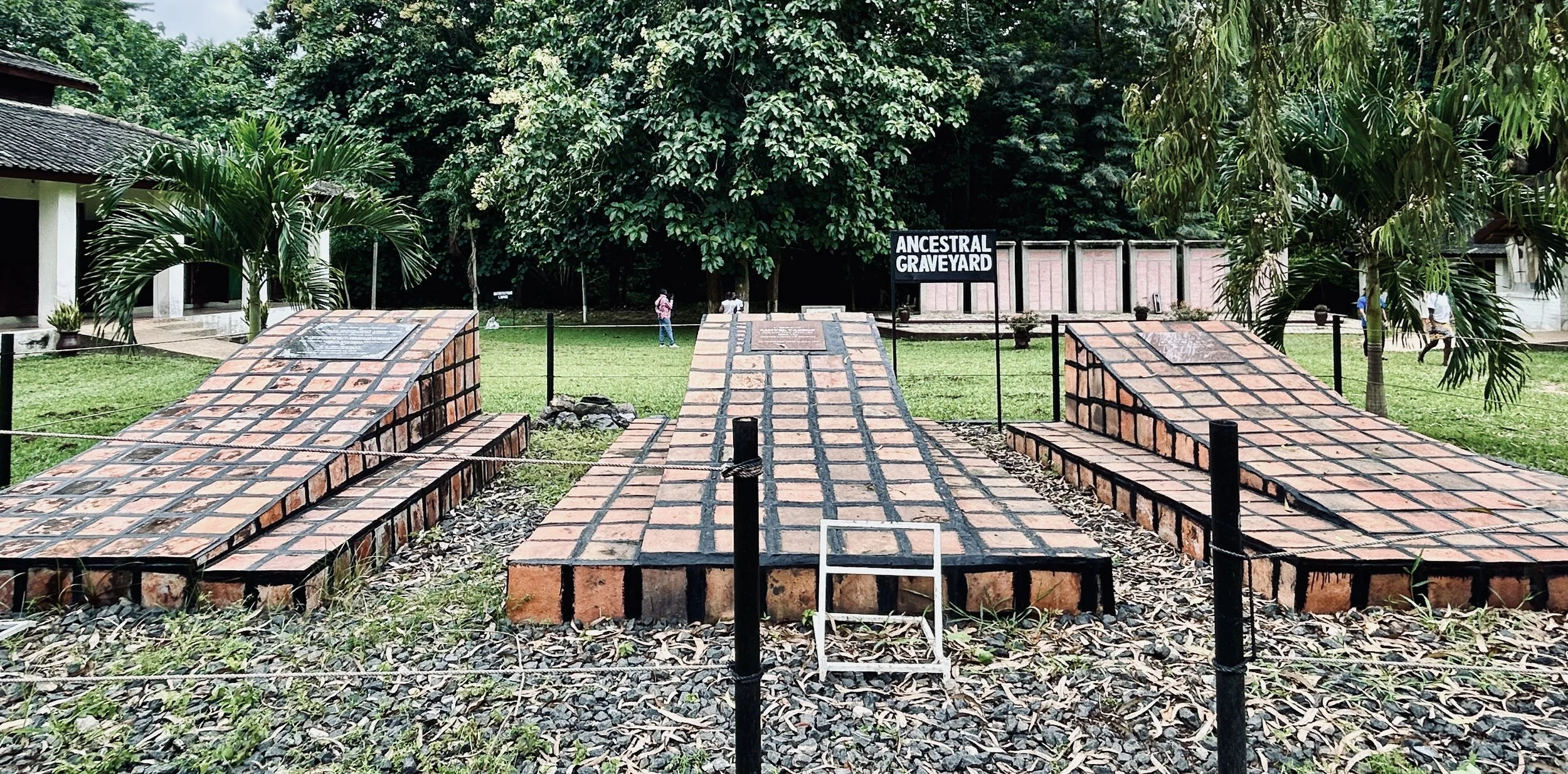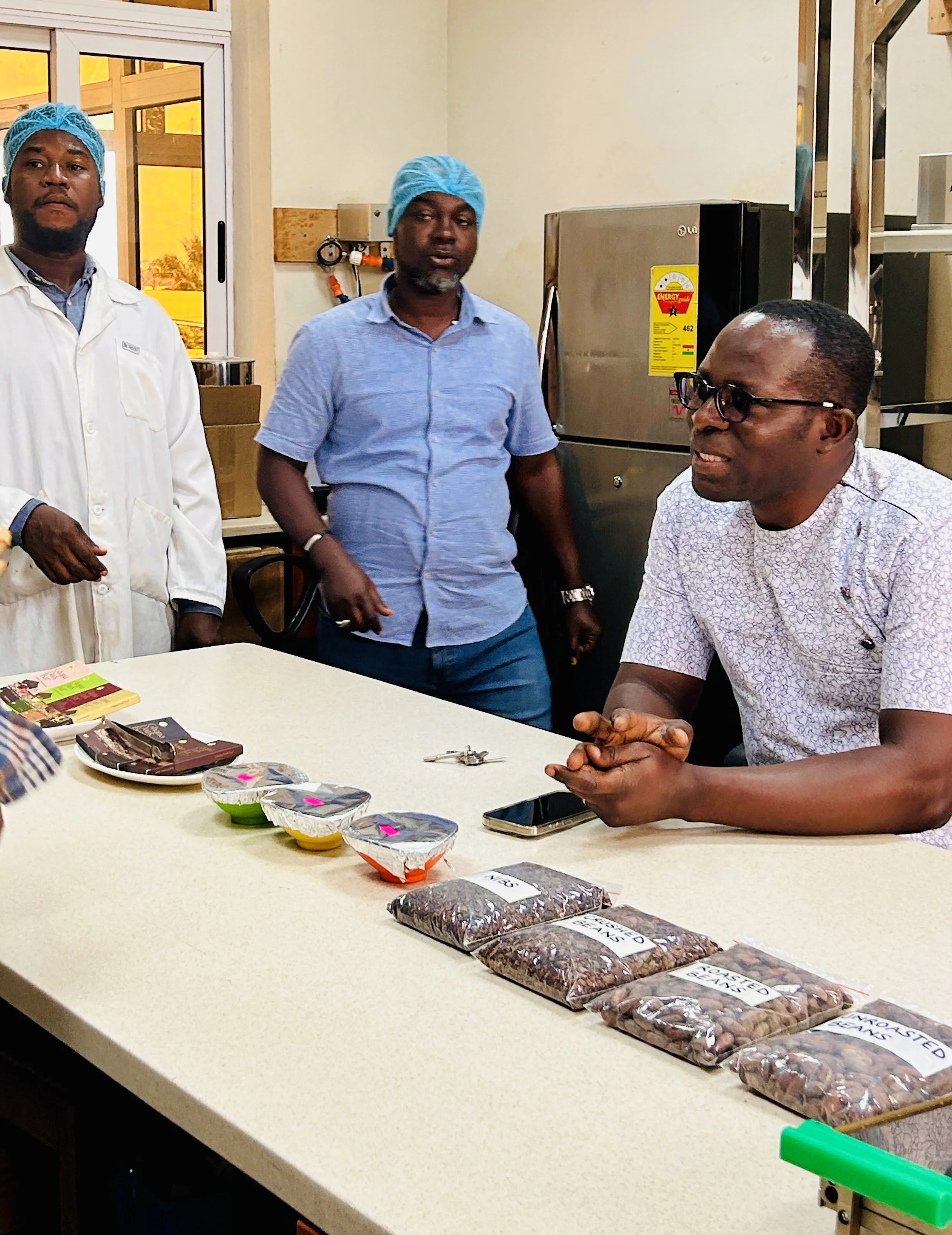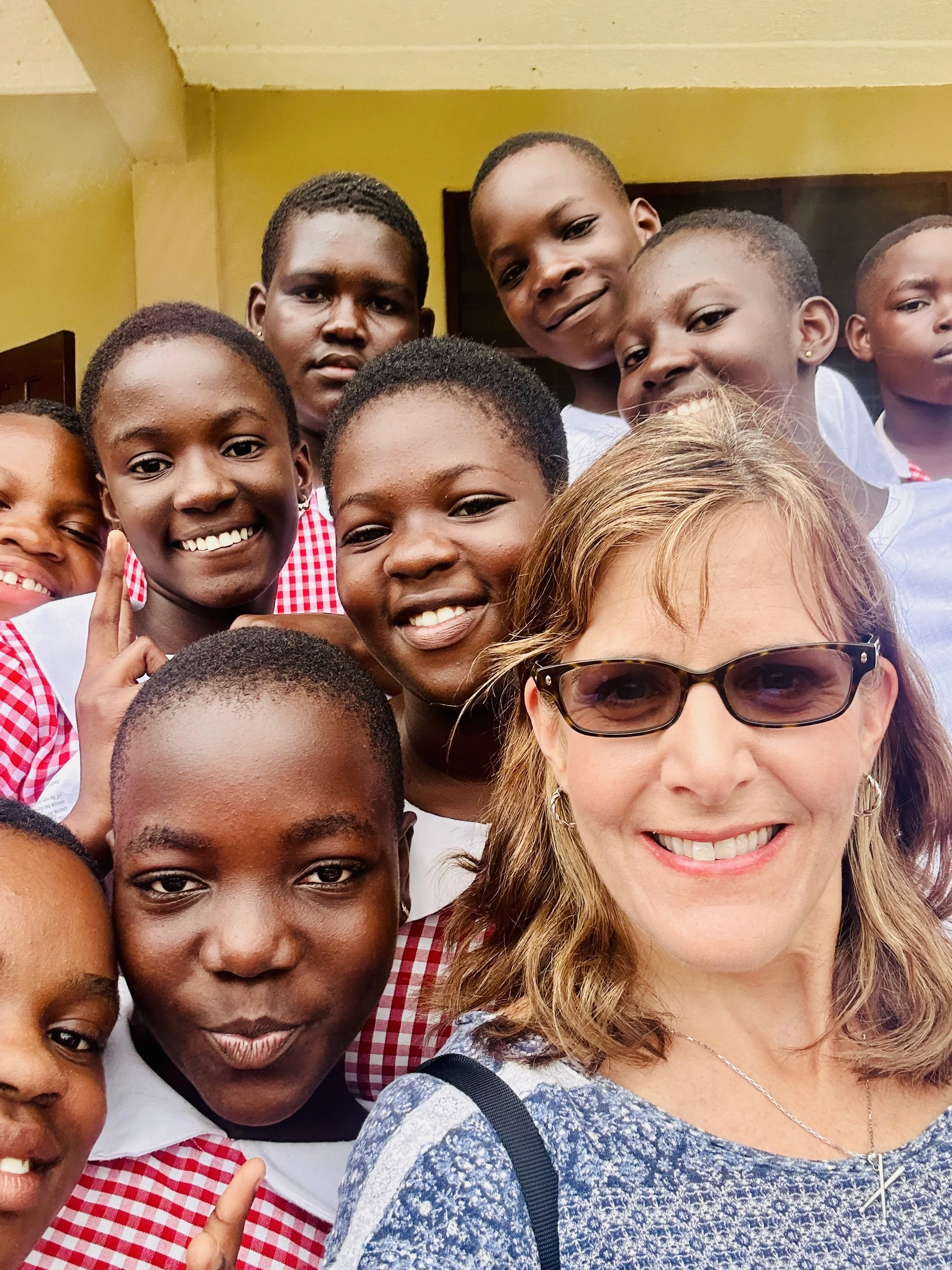I have always been fascinated by language as the process by which humans create meaning, understand themselves, and come to understand one another.
Helen Keller, who was born blind, deaf, and mute, described the pivotal moment when her teacher placed her hand under running water and signed the word for it. She called the discovery of language the awakening of her soul—giving it “light, hope, and freedom.” While blessed with all my senses, I’ve experienced how language opens doors to connection and understanding. When I learned French, Spanish, and later Portuguese, I recognized the power of communicating with people in their own language. Some words and concepts simply don’t exist across all cultures—not because they are untranslatable, but because they are unnamed. One such word I’ve learned in Akan is “sankofa,” which translates to “retrieve,” indicating the act of reaching into the past to retrieve valuable lessons, and using those to inform how we move forward, just as the bird in the symbol is reaching back for her egg.
The Witness Tree Institute of Ghana is rooted in the idea that “if we pay close attention to our lives and our responsibilities to one another, we will see that we are all witness trees bearing quiet testimony to the historical, emotional, and consequential events unfolding around us.” That has certainly been true for me and my new Ghanaian, Cameroonian, and American friends, whether through intentional conversations designed for reflection or casual exchanges on the bus and around the table for meals.
But communication in Ghana does not happen through words alone.
Every drumbeat carries meaning. The master drummer, without words or gestures, can guide other musicians and dancers in a shared rhythm of understanding. Woven cloth tells stories; patterns and colors are symbolic. Even the way clothing is worn sends a message. Eating from a shared bowl conveys unity and trust. And colors in national or cultural flags offer visual language for the proud identities of those who display them.
And then, there are moments when adequate words simply do not exist, no matter how many languages you speak.
That was my experience at the site where enslaved Africans were forced to take their “last bath” before being sold at market. Many had walked as far as 400 miles with no food, water, or clothing. Once at the coast, they were intentionally separated from loved ones and imprisoned in dungeons—waiting in unbearable conditions for the arrival of ships that would kill many and take those remaining to even greater anguish. In those moments, I had no words. Only tears. Tears for the unimaginable suffering. Tears for the families torn apart from their ancestors. Tears for humanity’s capacity for cruelty. And tears of injustice for the privileges I was born into that I did not and could never earn.
Yet, in the midst of pain and reckoning, I also witnessed the language of humanity.
A proud father holding his daughter’s hand with quiet tenderness. Siblings walking to school, fingers interlaced. The bright smiles of schoolchildren and elders. Old friends clapping one another on the back. These small gestures remind me of the joy and love found everywhere when human beings are in connection with one another.
As an educator, I hold a deep responsibility to keep learning. As Maya Angelou said, “When you know better, do better.” Being in Ghana and bearing witness to its stories, symbols, music, and people has felt like a path I was called to take. I didn’t know exactly why I had to be here, only that I did, and that it would change the trajectory of my life.
Most Americans, including myself, know very little about the African continent—much less about the beauty and complexity of its many cultures. What we do learn is often filtered through a narrative of pity or of being exotic rather than admiration. Now, through this transformative experience and the relationships I’ve formed with Ghanaian educators, I feel a renewed commitment to shift that narrative to communicate, among many other things, the exacting science of the cacao research center, the technology and engineering being used for centuries, and the dedication of the country to high school education for all citizens.
At a time when my country is closing its borders—out of fear, greed, or hatred—I wish every American had the opportunity to leave and look back at ourselves from afar. To challenge the assumptions we’ve inherited. To really hear the voices of others and the shared humanity they reveal.
Above all, I will return home filled with gratitude. Gratitude for the warmth of the people I met. For the wisdom of Ghanaian educators who welcomed me into their classrooms and communities. For the many forms of expression, spoken and unspoken, that deepened my understanding of history, culture, and connection. And for the enduring lesson that language is not just about words—it’s about presence, empathy, and the willingness to witness.
Barbara Beachley is Head of School at Charleston Day School, Charleston SC.






